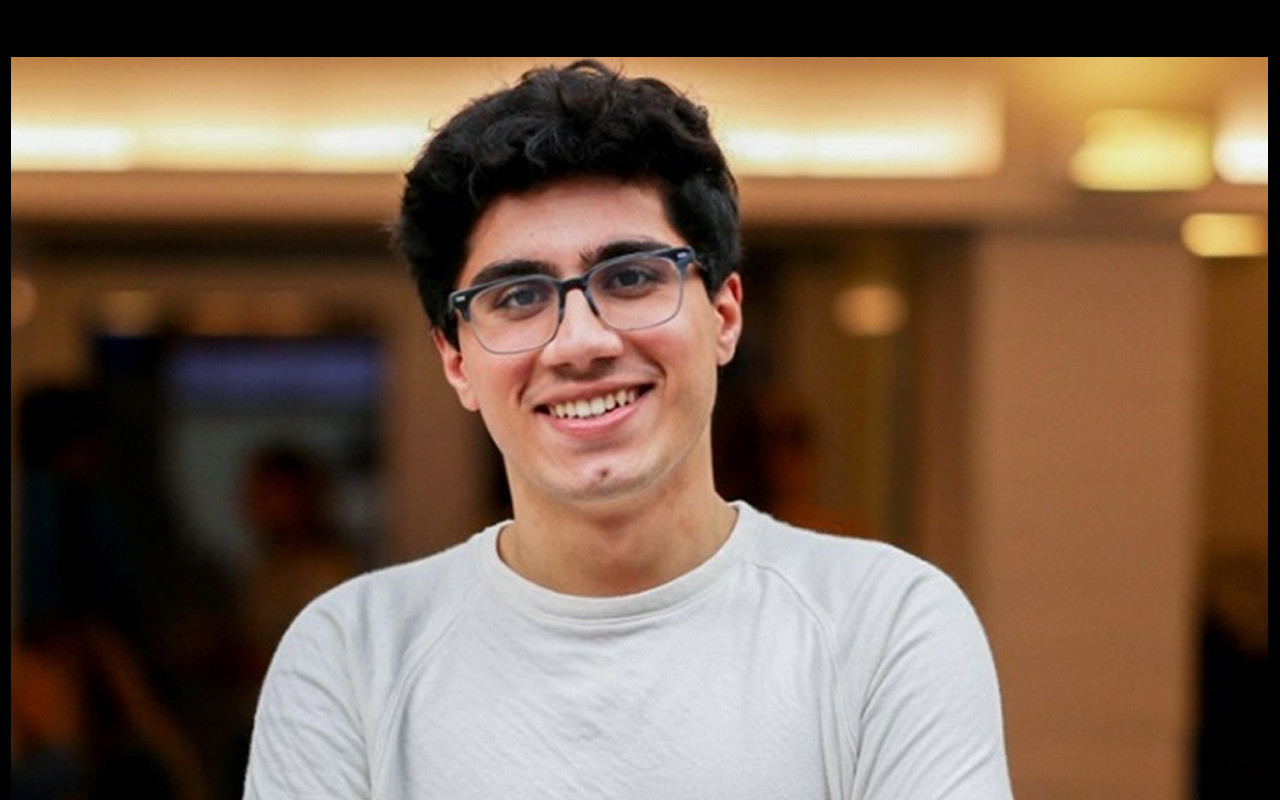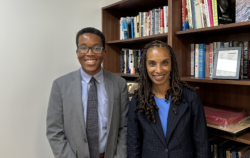
Cornell Scholar’s Start-Up Gains National Recognition
Abu Qader, a first-year Scholar at Cornell University, has always had a deep passion for learning. As a young boy he read voraciously and had a habit of taking apart computers to explore how they worked.
When Abu was a sophomore in high school he took a trip to visit family in Afghanistan, and a bout of illness gave him a firsthand experience with the Afghan healthcare system. Despite a mile-long line of people waiting to be seen by very few doctors and nurses, Abu jumped to the front because his family could pay in U.S. dollars.
"My eyes were opened to the privilege," said Abu. "I took so much for granted and realized I could be in a different situation if my family had not immigrated to the United States."
After taking a computer science course, Abu started to understand pattern detection algorithms and how he could apply them to make predictions. He looked at needs in the global medical market and, before he knew it, was developing a new computer software system.
His start-up, GliaLab, was born. The system uses known data about breast cancer tumors to build predictive models, creating a resource for medical professionals to use internationally.
The work has been acknowledged as groundbreaking, with Abu invited to speak at this past summer’s Google I/O Conference and at a TedxTeen talk in London.
At the Google conference, Abu presented on the ways machine learning and artificial intelligence (A.I.) can be used in the fight to detect cancer. He met with Google CEO Sunday Pichai and connected with many leaders in the A.I. field.
Now in his second semester at Cornell, Abu is adjusting to college life. He sees Posse as playing an important role in his transition.
"My mentor and Posse mates know me so well; they know what to say when things get stressful," says Abu.
With plans to major in computer science, Abu will continue his research and work with GliaLab while on campus.

